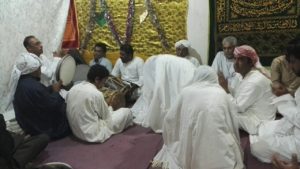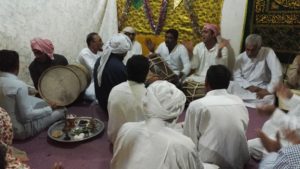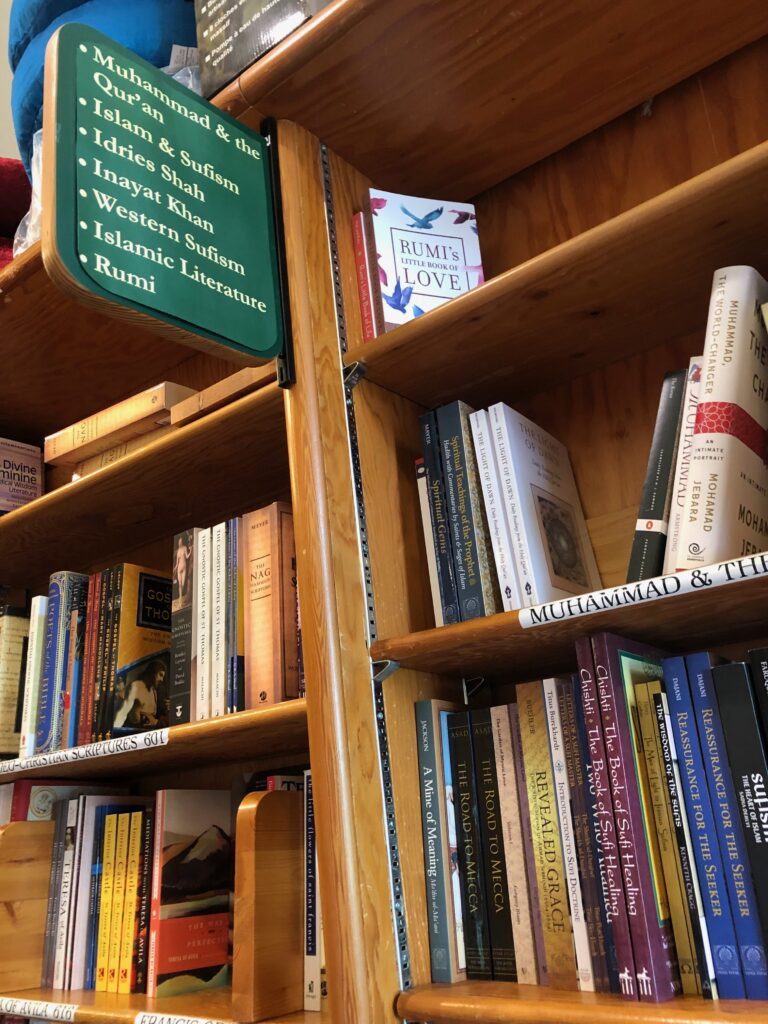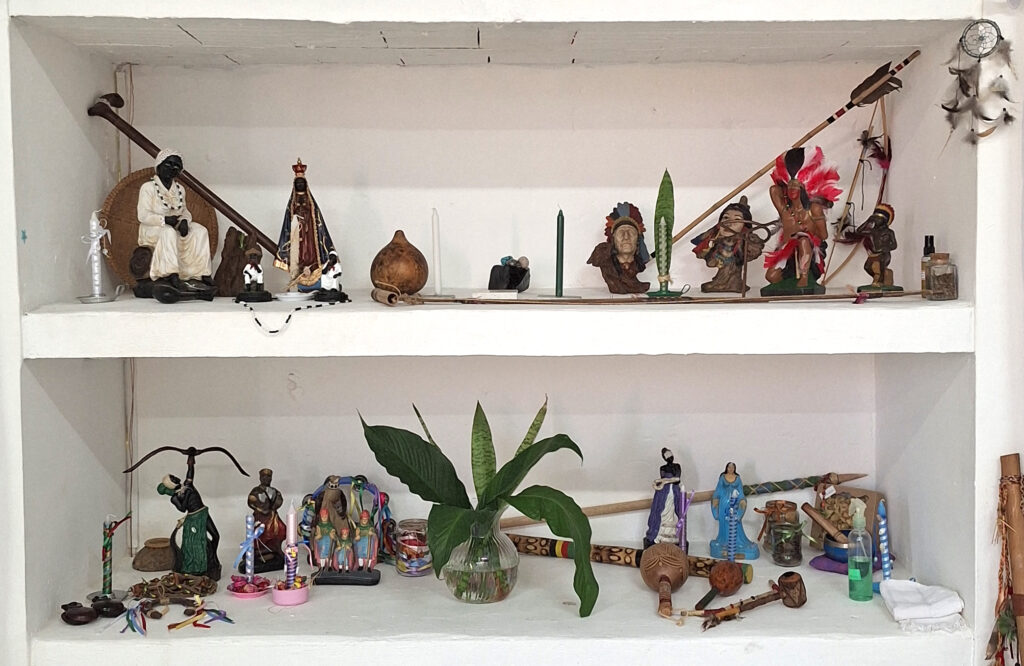
My doctoral dissertation, which I defended at the Institute of Ethnology at the University of Heidelberg, is on the topic of “Zar Ritual and Expression of Gender Identity in Hormozgan Province, Iran.” In Hormozgan, Zar is a general term for all spirits that attack people for various reasons and a method of treating a possessed person. The Zar ritual is a set of cultural activities for treating people who are possessed by spirits. During the ritual, a person’s spirit is replaced with a new spirit, which may be of a different gender. This person behaves differently because of the possession and makes requests that should be fulfilled to protect them from being hurt by the spirit. This results in the possessed person participating in a ritual and being controlled by a Baba Zar (father of Zar) or a Mama Zar (mother of Zar). Since the Baba Zar or Mama Zar cannot fulfill all the wishes of the spirits, they try to convince the spirit with the fewest wishes, especially those that conform to social norms. The Zar ritual gives both, the possessed person and society, the opportunity to negotiate the identity of the possessed person and reach agreement on behavior that might otherwise be punished. According to my research, the Zar ritual is not only a way of treatment for the possessed person, but also a complicated set of rules, legitimacy, expectations, and negotiations that function differently depending on the gender identity, social and personal background, economic status, and ethnicity of the participants.

In Iran, Zar is not the only way to communicate with supernatural beings. Olum e Gharibeh, or unknown knowledge, is an umbrella term for all knowledge and methods of communicating with supernatural beings. This term encompasses a wide range of practices, including magic, talisman, tarot, coffee grounds reading, numerology, and many others that are used to protect people, predict or change their future, and inform them of the unknown.
According to Islam, the main religion of Iran, a Muslim must believe in God and surrender to Him completely. Therefore, all esoteric activities constitute schirk, as they indicate that the practitioner does not believe in the power of God and wants other energies besides God. According to Article 1 of Iran’s Bribery and Fraud Law, all esoteric practices are punishable as fraud, and practitioners can be punished if they have a complainant and exchange money for engaging in the practice. However, magic is considered as an “essential part of daily life and practice” in both the modern and ancient Islamic worlds and in Iran. Being scared of the punishment and seeking a more convenient and practical way to disseminate their techniques and communicate with their followers, contemporary esotericists began to take to the internet. While the internet is regulated and filtered, using a VPN, changing one’s internet address, or adopting a false identity are ways to ensure the safety of practitioners and followers.
Aside from security, the internet sphere offers practitioners and followers worldwide access to a wide range of techniques to choose from while remaining anonymous. As online activities become more promoted, transferable, and popular among young people and women, they are beginning to move away from traditional activities. Esoteric practices are no longer limited to certain individuals. Anyone with an internet connection can engage in a range of activities, such as following a practitioner, teaching or learning esoteric techniques, or forming spiritual groups, among many other actions that take place underground and are considered criminal outside of social media.
Internet prosecutors occasionally block the chat rooms or sites related to esoteric practices, but the practitioners notify their fans and create a new account again. So, the internet makes it safer and easier to engage in riskier activities in the real world. But given the theological and legal status of esoteric practices in Iran, where does the legitimacy of esoteric practices come from? What role does the internet play in new age esotericism in Iran?
My main research goals are: (1) To provide a systematic overview of contemporary online and offline Islamic occult scholarship in Iran, (2) to explore the relationship between offline and online practices, to examine the extent to which digitization and internet-based offerings are changing the practice itself, and (3) to explore the extent of polemicization between offline and internet practitioners.
To achieve my research goals, I intend to conduct an ethnography on esoteric practices in Iran. Since I live in Germany and cannot travel to Iran due to the current situation, I intend to conduct my research online and then expand it to field research in Iran. I have already started my preliminary research by compiling a list of apps, Youtube and Telegram channels, Instagram and Facebook accounts, and clubhouse chat rooms that offer esoteric practices in Farsi, and will categorize the data based on its content. Later, I will start shifting through the films and photos, as well as reading the practitioners’ texts and comments on these sites. In order to access and use them afterwards, I will classify all the data in maxQDA at the same time.
#
__
CAS-E blogs may be reprinted with the following acknowledgement: “This article was published by CAS-E on February 24, 2023.”
The views and opinions expressed in blog posts and comments made in response to the blog posts are those of the author(s) and do not necessarily reflect the views and opinions of CAS-E, its founders, its staff, or any agent or institution affiliated with it, nor those of the institution(s) with which the author is affiliated.
__
Image credits: © Maryam Abbasi, Hormozgan (Iran), 2015.








